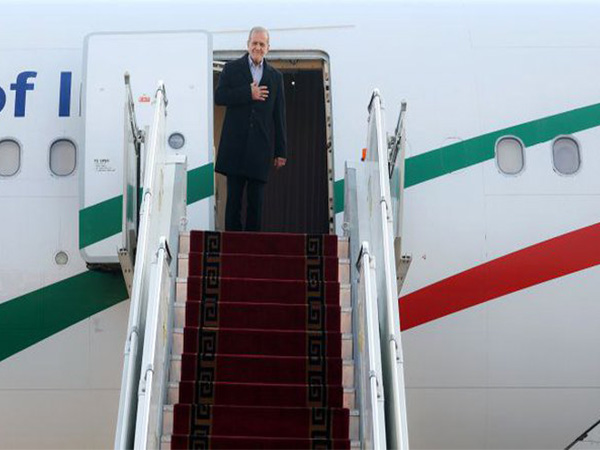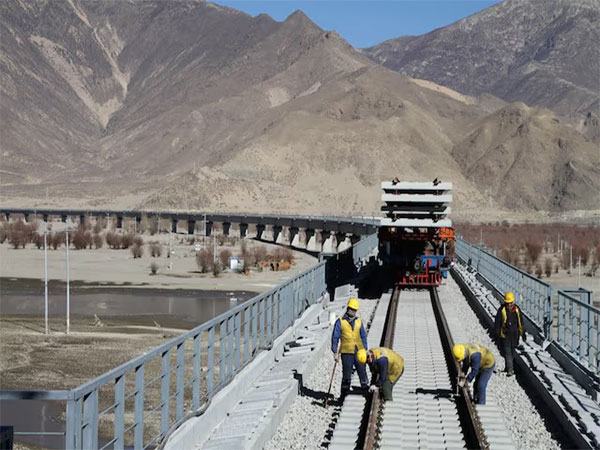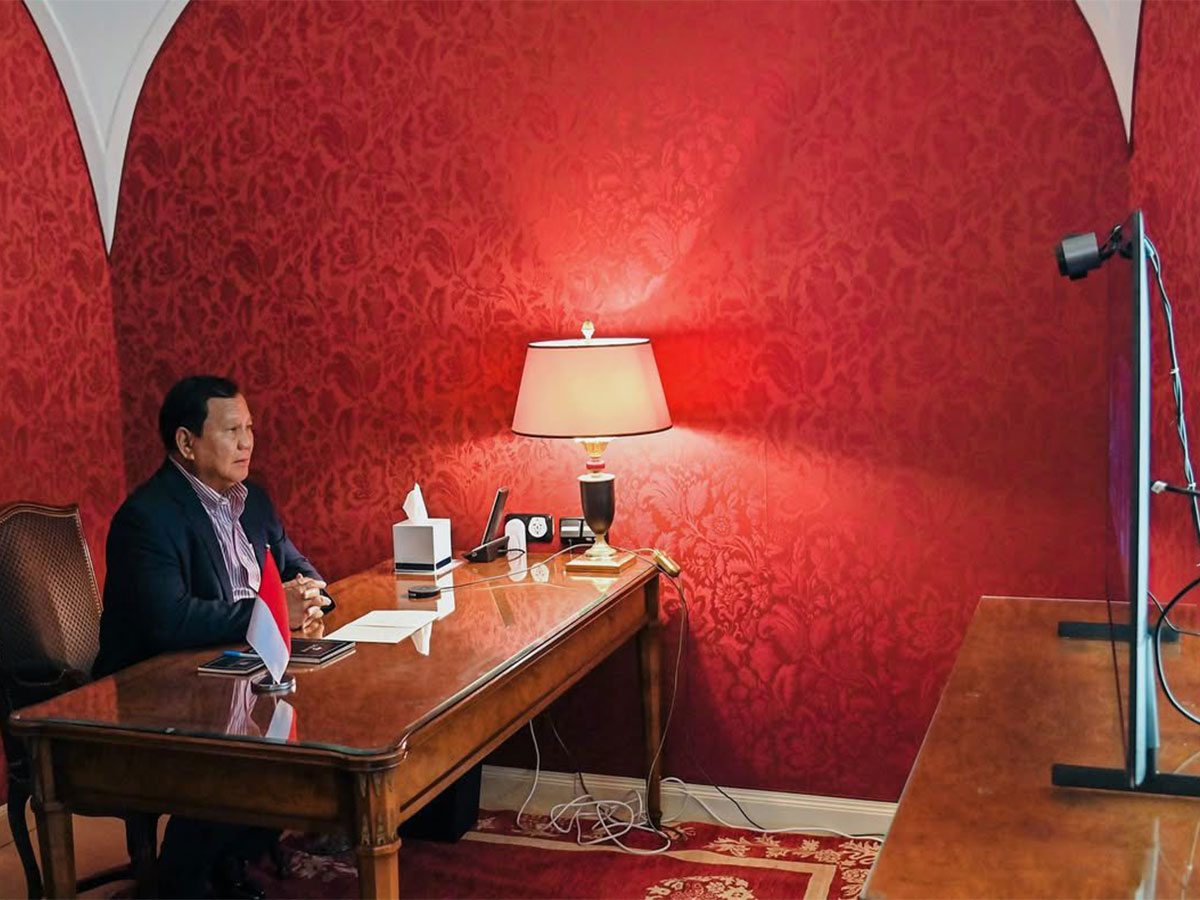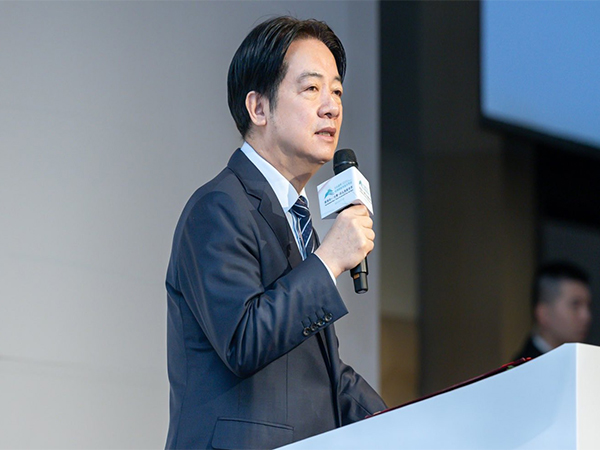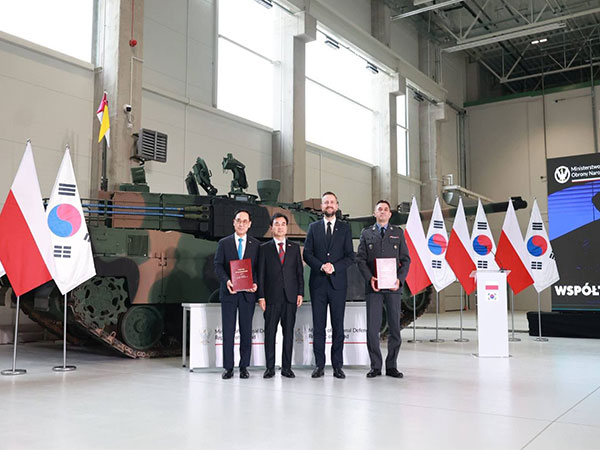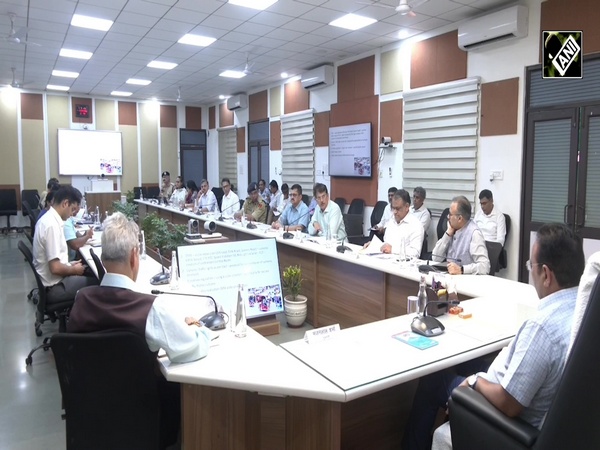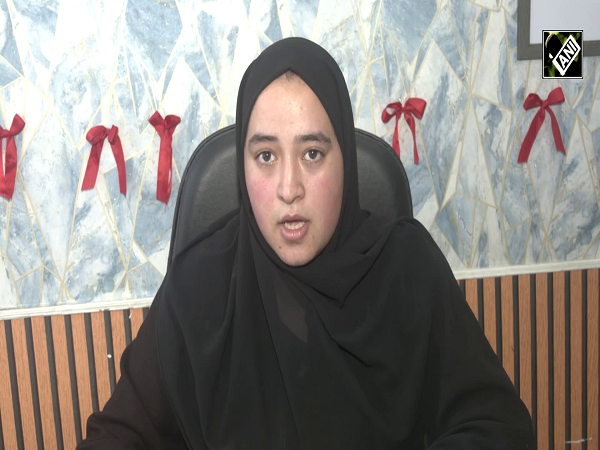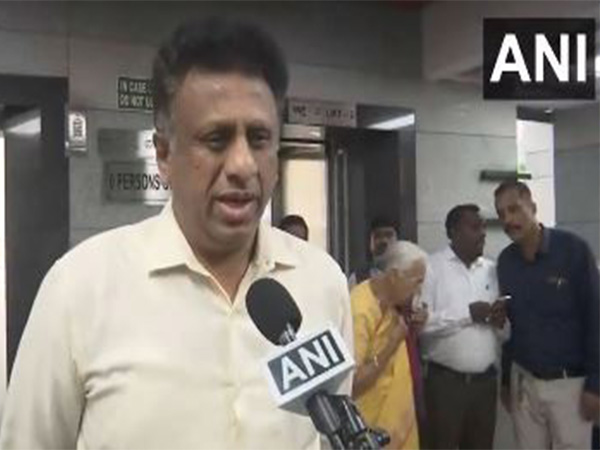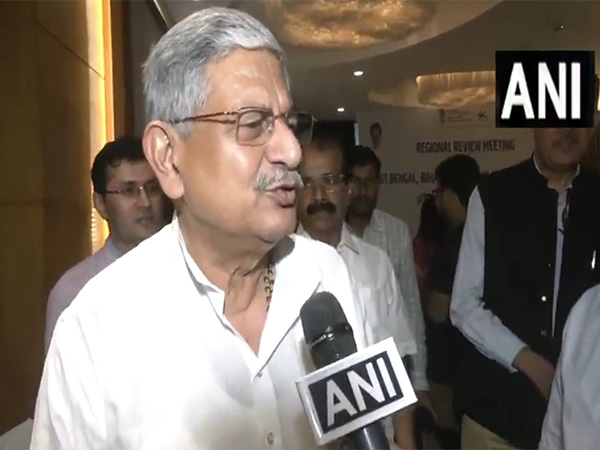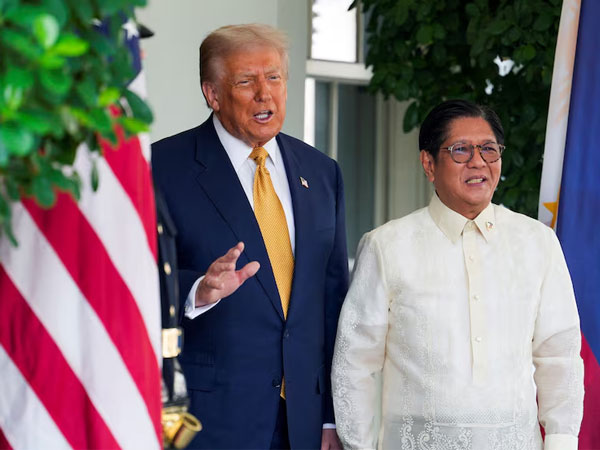
China's 'unilateral world order' slammed by Philippine Prez Marcos while Trump prioritises trade
Aug 02, 2025
Washington, DC [US], August 2 : Philippine President Ferdinand Marcos Jr's recent visit to the White House has highlighted a shifting dynamic in US foreign policy, one that aims to confront the growing threat posed by an increasingly aggressive China, as reported by Asia Times.
In a meeting with President Donald Trump, Marcos discussed bilateral cooperation and regional stability, but the tone and content of the talks revealed stark differences compared to the Biden administration's more assertive posture toward Beijing.
Trump's meeting with Marcos avoided mention of trilateral initiatives involving Japan, which the Biden administration had previously used as part of a broader "latticework" strategy to contain China's regional ambitions.
While Trump briefly praised joint military exercises with the Philippines, he downplayed ongoing maritime tensions with Beijing, tensions driven by China's illegal expansion and militarisation in the South China Sea, in direct violation of international law.
According to Asia Times, Trump "professed that he didn't mind if the Philippines got along with China," a statement that critics say dangerously downplays Beijing's hostile actions, including its routine harassment of Philippine vessels within the country's exclusive economic zone.
When President Marcos referenced the need to uphold international law against a country "that has intentions of unilaterally changing the world order," an unmistakable jab at China, Trump refused to respond in kind. Instead, he pivoted to economic cooperation, emphasising Chinese exports of rare earth magnets critical to US industries.
This nonchalant attitude contrasts sharply with President Biden's emphasis on protecting freedom of navigation and resisting China's creeping militarisation of contested waters. Under Biden, the US reinforced its commitment to maritime law and supported Manila in confronting China's coast guard aggression. Trump's reluctance to back Marcos more forcefully risks emboldening Beijing's revisionist agenda.
When Marcos raised the Philippines' military modernisation and the looming threat of China's aggression, Trump steered the conversation to terrorism, boasting that his previous administration had helped "wipe out ISIS" from the Philippines. Yet, even Manila has acknowledged China's limited assistance in counterterrorism, a calculated move by Beijing to curry favour while expanding its influence.
As Asia Times notes, the Philippines sits just a few hundred miles from Taiwan, placing it in a precarious position should China invade. Trump's dismissal of Taiwan Strait tensions and vague comments about an "ammunition hub" in Subic fail to address the gravity of China's threat.
With Beijing continuing to violate sovereignty and erode norms across the Indo-Pacific, downplaying the stakes is a dangerous game. A realist US policy must not confuse appeasement with pragmatism.
